Professor Spotlight: Jean DesJardin
Dr. DesJardin is an associate professor in the education department and the director of early childhood education at Moravian College. She received her doctorate in special education and educational psychology from the University of California at Los Angeles, her master’s in Deaf education from Canisius College (Buffalo), and her bachelor’s in special education and early childhood education from Buffalo State College.
What inspired you to go into your field of study?
I grew up in Rochester, NY, where there is a large population of individuals who are Deaf and Hard-of-Hearing. As a high school student working at Wendy’s in the area, I really wanted to communicate with people who were Deaf, who would come in to Wendy’s and have trouble communicating their order because there were no accommodations for them. One day I was behind the counter and a Deaf woman didn’t want to look at me because she was ashamed of not being able to communicate. That really struck a nerve. Something in my heart told me that I wanted a way to communicate with this person, so I learned sign language. This inspired me to continue learning more about Deaf culture and teaching children who are Deaf or Hard-of-Hearing.
What research are you currently working on?
I am currently working on a National Institute of Health (NIH) grant with faculty from Indiana University, San Diego State University, and the University of Southern California. The project, titled Development and Adaptive Behavior for Young Children with Hearing Loss, investigates various parent and child factors that may impact child developmental outcomes of young children with hearing loss. Our research looks at what the families are really feeling, what kind of support they would benefit from, and how we as professionals can help support them. This is based on the socio-ecological model of development, which postulates that a child grows and learns within their families and their environment. Our research findings suggest that we need to listen more deeply to family concerns and provide more specific support to parents so they can guide their children’s development.
What do you think is the most recent important development in your field of study?
The Universal Newborn Hearing Screening (UNHS) began in the U.S. in 2000, and now every state is required to offer a NHS to every child at birth. This is significant, because years ago the typical age of diagnosis for a child with hearing loss was about 24 months. Now, with the NHS, the family can receive early intervention at birth for a child who is born Deaf or Hard-of-Hearing. Research suggests that a child identified with hearing loss at birth has the potential to have typically developing language and social-emotional outcomes, either spoken language or sign language – whichever the parent prefers.
What job would you have if you couldn’t be a professor, regardless of salary and job outcome?
If I have enough energy to do this in my retirement, I would like to open up a cute little shop that has themed birthday parties for children from all different cultures, backgrounds, and walks of life. It would be all-inclusive for children from varying income brackets. The themes would be based upon the children’s interests. My daughter, Ella, recently had an endangered animal-themed birthday party because of her interest in becoming a veterinarian. The parties would be fun for the children but also create a spark for the joy of learning. It would be a birthday to celebrate who they are and also make them think about what they could become.
What do you know now that you wished you knew when you were in college?
I now know that the places I worked, visited, or taught — and the people and the children (families) that I met along the way — all made me be the professor I am today. This plan was planned perfectly. I just needed to keep my mind and heart open to the experiences that came to me.
What is your biggest student pet peeve?
I don’t really have one.
What was the last Netflix show that you binge-watched or the last good book that you read?
I don’t watch Netflix, but I did read a really moving book last summer. It is called Hillbilly Elegy: A Memoir of a Family and Culture in Crisis, by J.D. Vance. The author depicts the strengths and challenges of the working-class poor in America and how a particular teacher made a difference in his life and guided him to continue his education at Yale. He now works with young adults in the area he grew up in so he can instill hopes and dreams into other children. The book also illustrates how important it is for us all to keep in mind that a child’s life course does not have to be determined by his or her birth zip code alone.
What is something interesting about you that most of people don’t know?
I taught in Key Largo, Florida, at a beautiful school with the most amazing people who believed in a fully inclusive and engaged learning environment. For a field trip, we took the children out in the ocean to learn about the area’s eco-system — and I swam with a manatee. My heart goes out to all those wonderful teachers, children, and families now as they rebuild their community.
What’s your spirit animal and why?
I cannot think of one, but I guess an animal that is a positive, deep-thinker, if there is one.
What do you consider to be one of your greatest achievements?
By far, it was traveling to China and adopting our beautiful girls. They are the highlight of my day, the joy in my heart, and my inspiration to be the best role model, teacher, and mother.


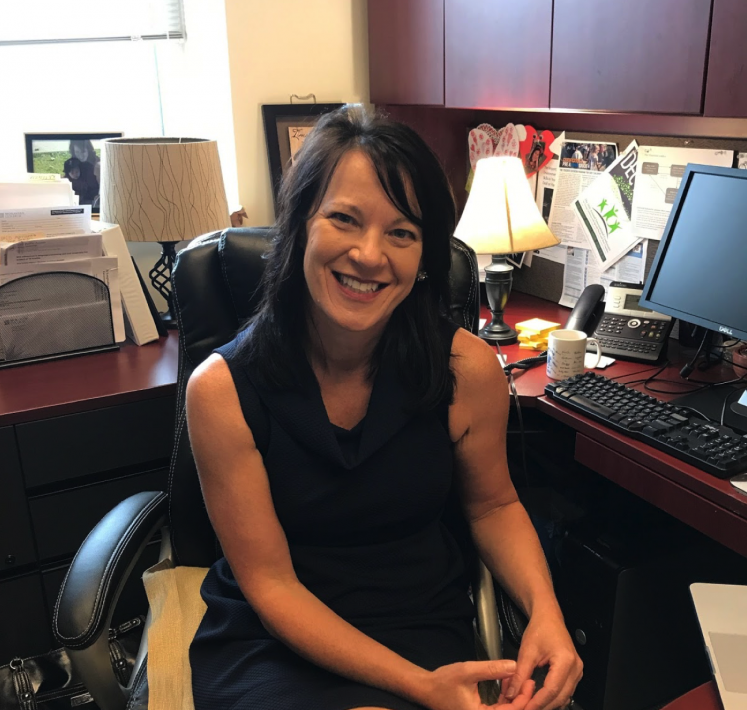
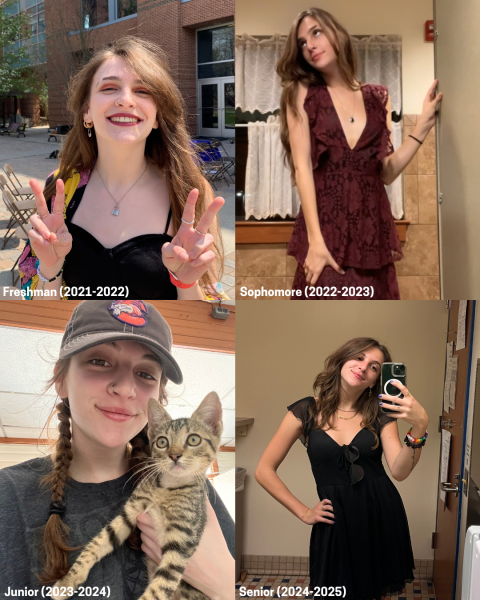
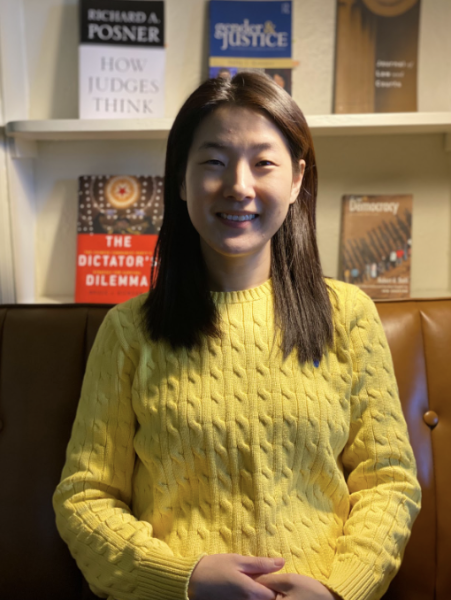

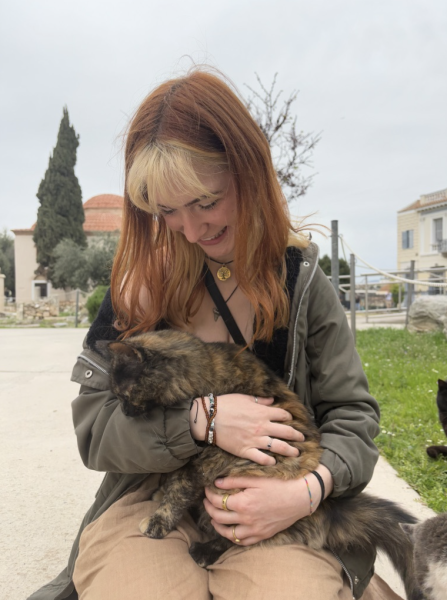
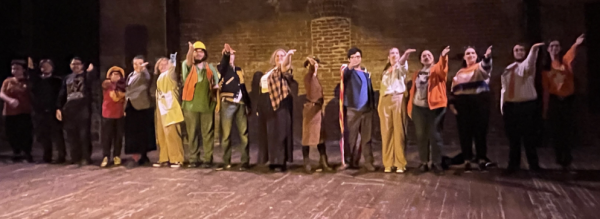
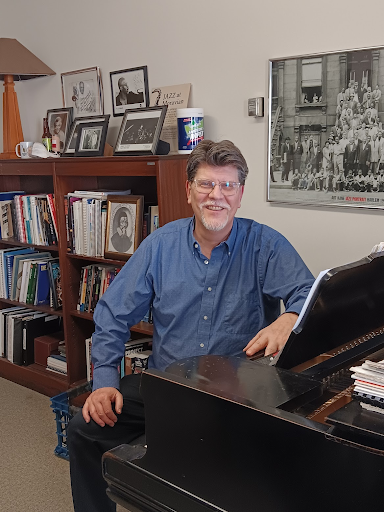
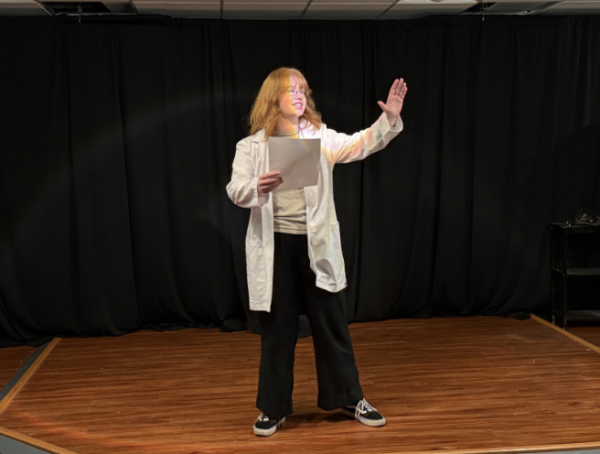
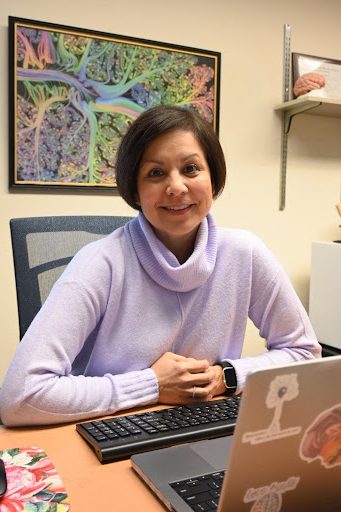
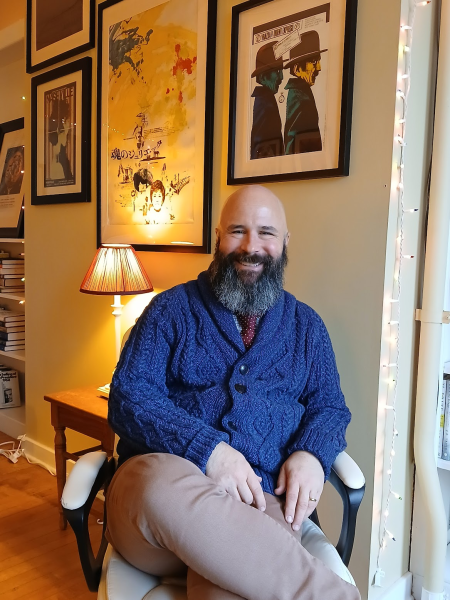
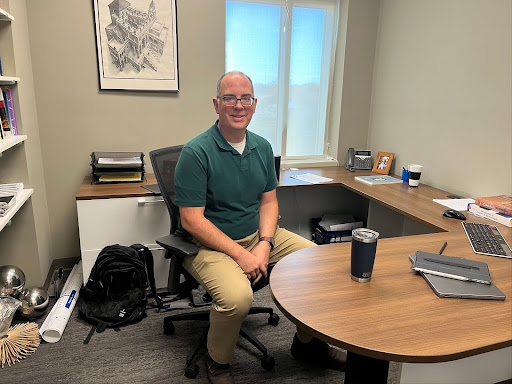
Smitha37 • Jan 11, 2018 at 11:26 am
Very informative blog post.Really thank you! Keep writing. kffeeedbdabdadee
Edward F. Voetsch • Oct 1, 2017 at 7:31 pm
What a wonderful interview… for a wonderful lady. We’re so proud of you here in downtown Wheatfield. Best to Dan and the sweet little girls. Stop by anytime you’re in the area.
Sincerely, Uncle Ed and Aunt Bev. Much love and hugs.